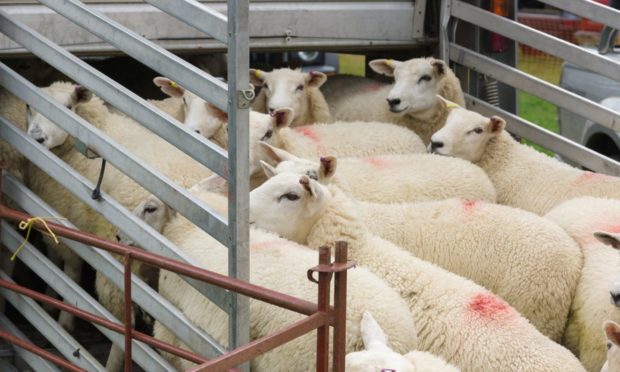The UK Government’s lack of urgency in addressing “glaring holes” in its post-Brexit provisions for agri-food and livestock trade could cause businesses to close, according to a report published today.
According to the House of Commons Environment, Food and Rural Affairs Committee (EFRA) report, Moving Animals Across Borders, there has been an “effective ban” on the export of live animals to the EU for breeding, although imports of livestock from the trading bloc are still arriving here.
The chair of the EFRA select committee, Neil Parish MP, said the export of British breeding stock has shrunk to nothing while the Government “dragged its heels” over setting up the border controls the industry needs.
“Meanwhile, the systems required to identify equines, which already exist within the industry, have been overlooked, allowing an illegal and cruel trade in horse smuggling to flourish. These issues identify glaring holes in the Government’s current systems,” he said.
“The solutions are evident and ready, but the Government seems unprepared to press go.
“It must now demonstrate its willingness to accept the scale of the problems, and act with urgency to address the threats to British businesses, animal welfare and biosecurity.”
The report says there are solutions for many of the problems which are currently threatening exporters’ livelihoods, animal welfare and UK biosecurity, but it insists the Government has failed to recognise the significance of stakeholders’ concerns.
The report urges the Government to adopt a “pragmatic” approach in negotiations with the EU to ensure that border controls are operational at both UK and EU borders no later than March 2022.
Recommendations identified by the committee to allow renewed livestock exports to the EU include the establishment of border control posts to process live animals and regaining UK access to the EU’s Animal Disease Notification System, to make it easier to monitor animal diseases.
